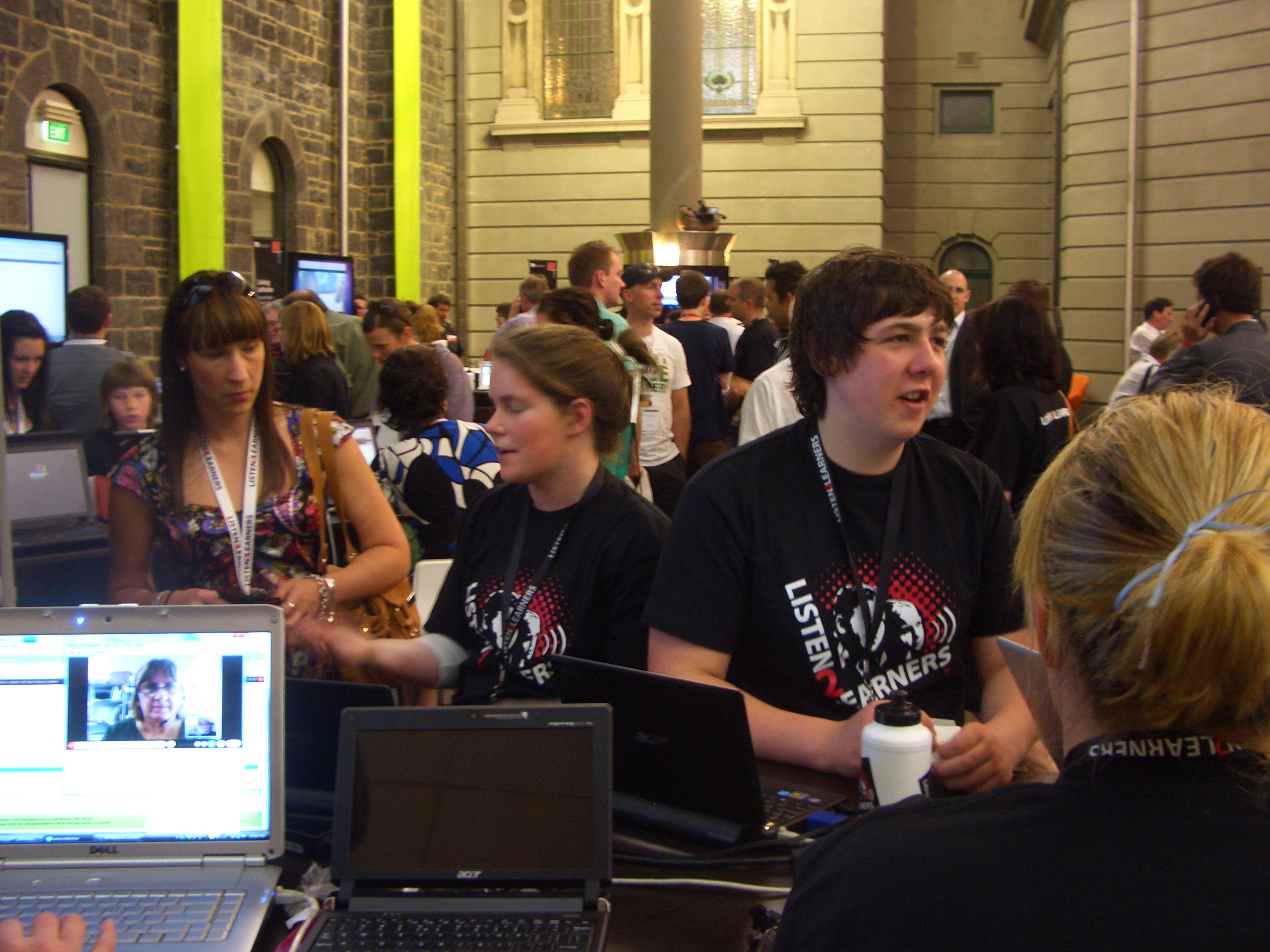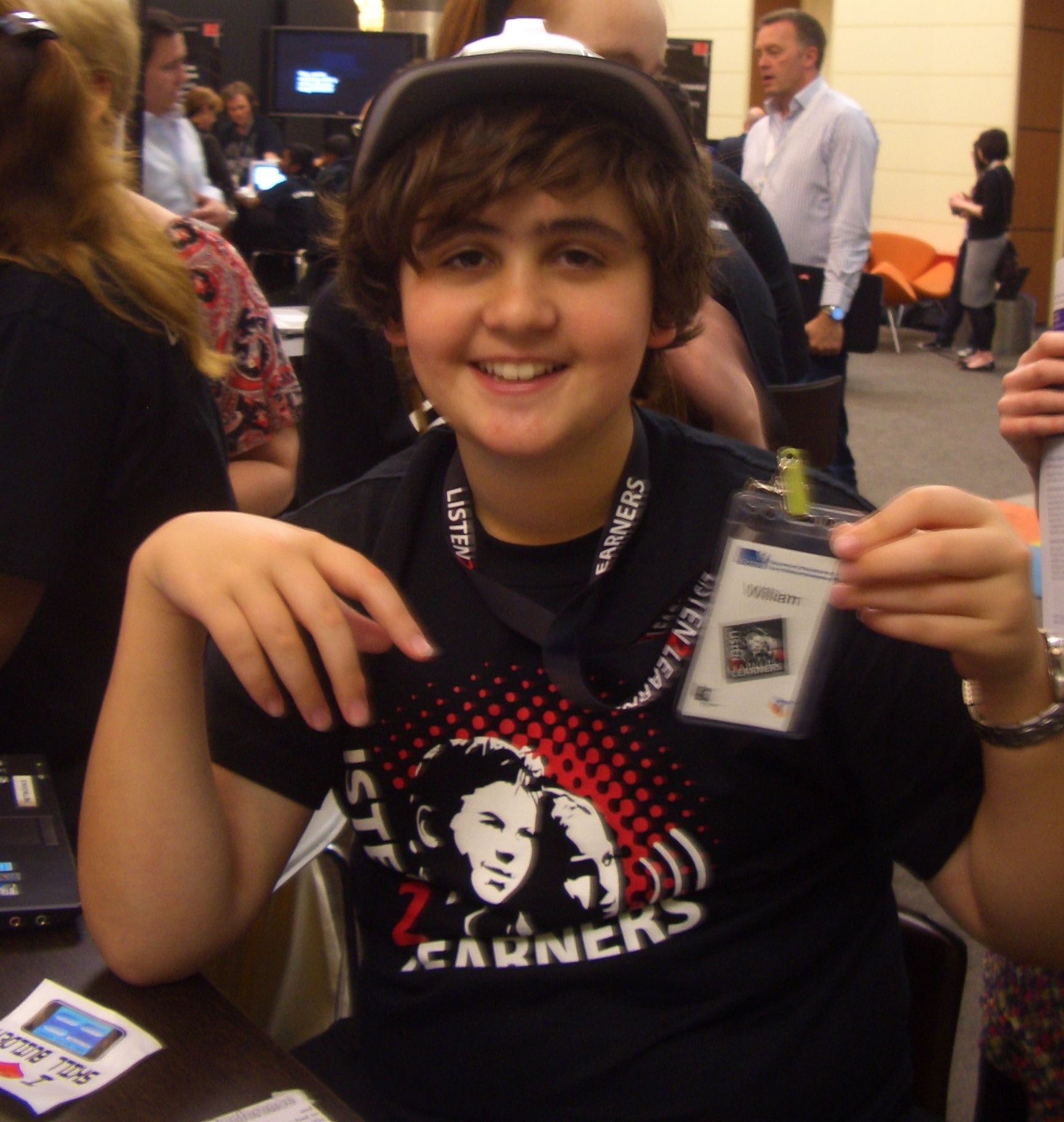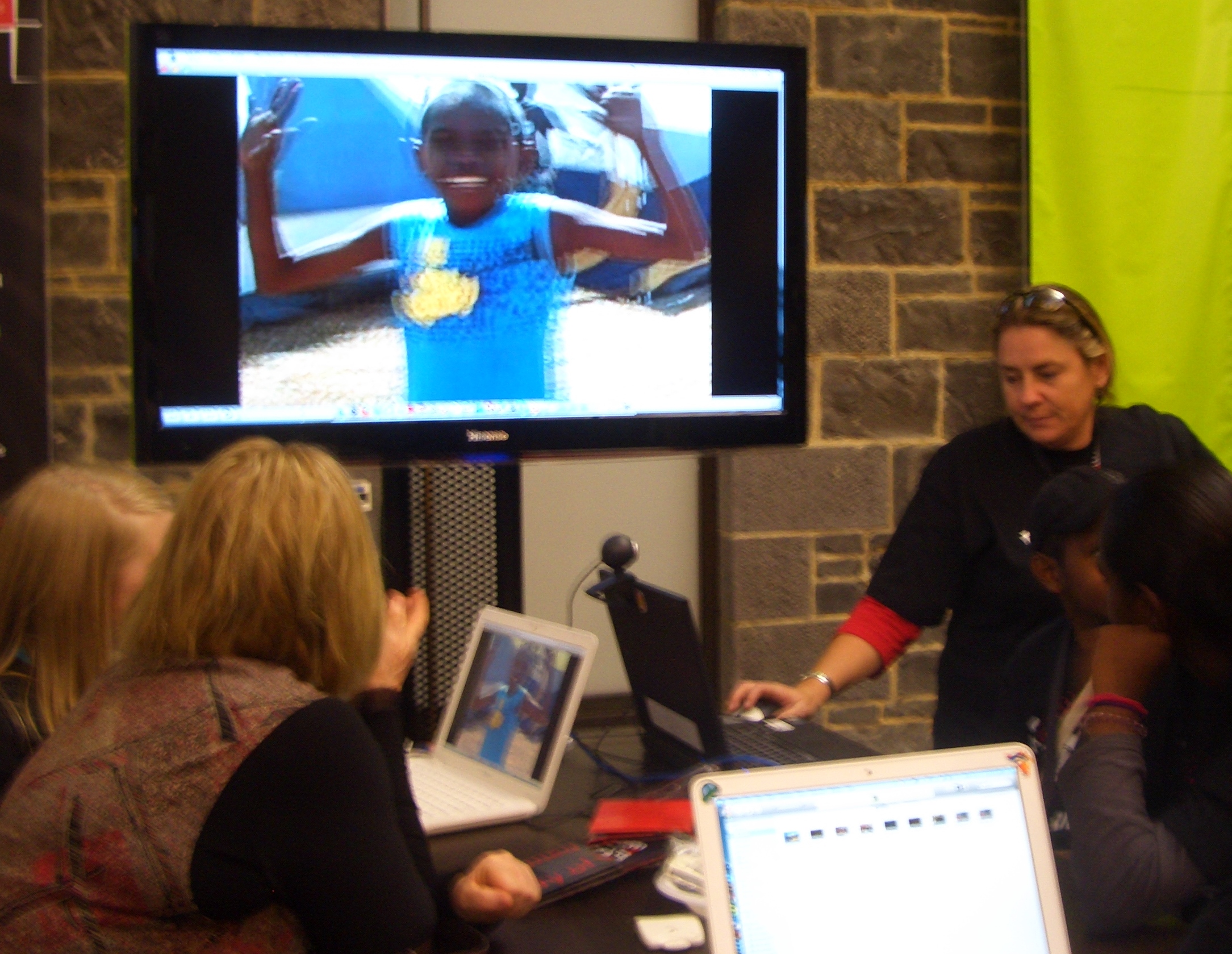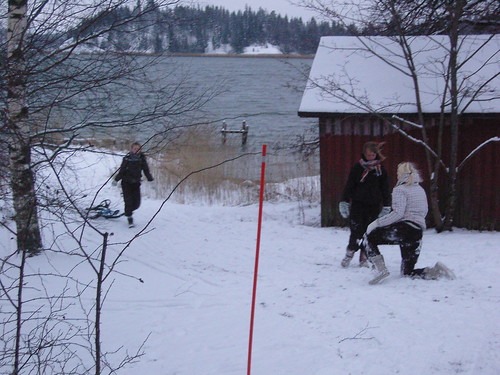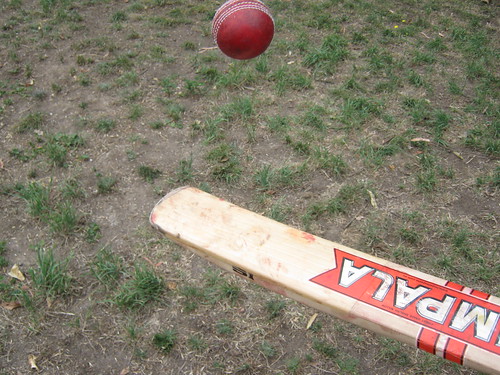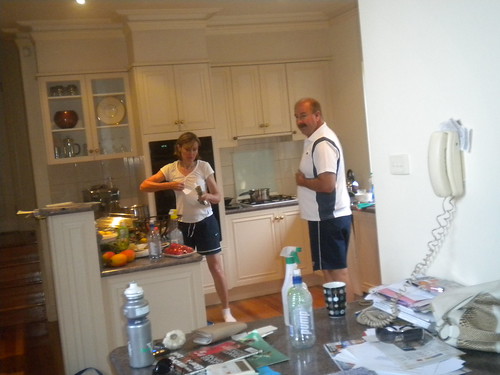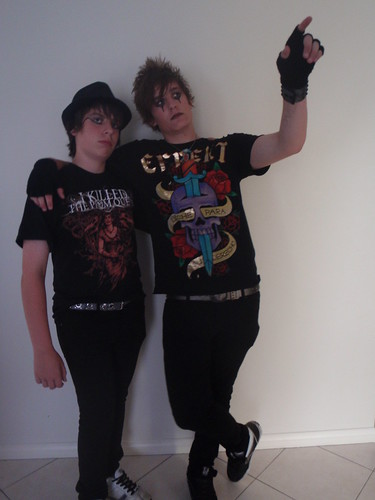
Being netsmart is something Howard Rheingold has been talking and writing about for some time. In this video, he very recently presented a keynote on this topic at Utrecht University.
[youtube=http://youtu.be/eKvtG4H1y5I]
Howard talks to the audience about network literacies: attention, participation, collaboration, crap detection and network know-how.
As I listened to his talk – nothing new for those who have been following his thoughts and writing, but certainly always worth listening to – I thought again about the need to recognise the importance of teaching network literacies to our students. And I don’t mean the once a year session snuck in by a teacher librarian, I mean a recognition by staff and leadership that we need to seriously work on a plan to integrate network literacies into our curriculum.
I’ve been working with others on a plan of attack for helping our VCE students who are having problems with study – time management, literacies, etc. Howard’s first identified literacy in the networked age is attention, and this is something I’d like to spend some time unpacking with the students.
Howard recounts a realisation during his lectures that students were not looking at him but multitasking online. He quotes statistics warning us that multitasking is disrupting our attention span more than we realise, and that only 5 or 10 percent of people manage to multitask without losing attention. What is it about these students? I really like his term, mindfulness or metacognition – being aware of where you’re putting your attention. I agree that we could identify for students attention probes which would encourage them to be aware of their use of media during class, lectures or while doing homework. Since trying to be more aware of my own online habits, I’ve had to admit that my attention is dispersed and that I’m addicted to following that little sound that alerts me to a tweet or Facebook message. I realise I need to exercise self discipline, knowing that these things can wait until I’ve finished what I was working on. This is what I plan to discuss with my students.
The aspect of manners is an interesting one in an age when private phone conversations are heard by everyone on a train, or when tweeting during a conference means you might look rude to others or even the speaker. As Howard says, maybe in the future it won’t be considered rude not to pay attention to the lecturer, but as far as I’m concerned, there are times when I ask students to close their devices and look at me, and other times I’d like to allow them to be productive online and take notes or do some on-the-fly research while listening. Listening without doing anything can be difficult. Why do you think people doodle? Still, we do have to make decisions all the time about what we are going to pay attention to. Are we going to look at that cat meme right now? Oh, why not! What was I saying again…?
So what Howard is recommending is that we take that unconscious process of multiple distractions and our behaviours and make it conscious so we take some control. Do I follow this link or email now? Why might I want to? What else am I supposed to be doing? Am I going to pay attention to it later? How am I going to make sure I find it again? (This is where I couldn’t live without Diigo). This is a conversation I’d like to have with my students. Howard suggests that we could modify our attention behaviour and make it automatic, following strategies instead of impulses.
He’s right when he says that you’re the only one who knows what you need to get done today, and your priorities need to be your own. This is why I won’t conduct the study skills sessions with students in a rigid way recommended one way of doing things. Howard recommends establishing new habits, finding a regular place for these and repeating them. A simple act of writing down 2 or 3 goals on a piece of paper, away from the computer with the space to think, can make a difference when you keep those goals close to your sight while you work as a reminder, to help you refocus and assess your productivity.
As Howard says, attention can be trained, and we know this from thousands of years of contemplative traditions and also from neuroscience.
As I’ve mentioned in an earlier post, some of our English teachers have started using Goodreads for wider reading. Yes, I’ve been pushing it a little – well, maybe a lot. It is about the reading network but I also believe it’s going to provide many opportunities for teaching network literacies. I expect students will feel so comfortable within this platform that it won’t be all deep and meaningful conversation about literary things. But, as Howard points out, casual conversations may seem trivial but help people get to know each other and trust each other, and understanding how networks work is part of esssential literacies these days. We do live in the age of social media, and the information society is becoming more of a network society, with the interconnection of all sorts of knowledge from different disciplines. Do you agree that diverse networks are more important than expert networks? That they are more likely to come up with better answers?
I really do believe that we should teach our students the importance of switching off regularly, and I say this as a person who has problems switching off. I assume it’s very difficult for our students to not be connected all the time. It’s not common to be alone for long – does that mean we lose our ability to feel comfortable in silence, in our own heads, with our own company?
I really think we, as educators, should have this conversation and then do something about creating the regular opportunities to talk to students about these things.
I’ll leave you with Howard’s minicourses.








